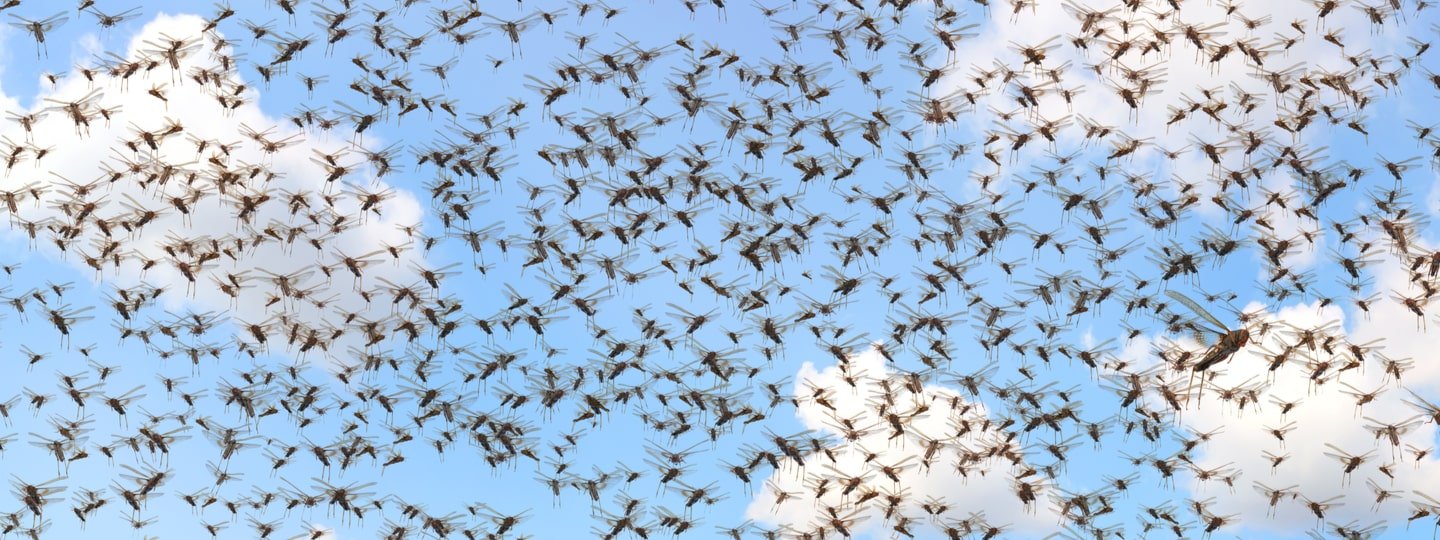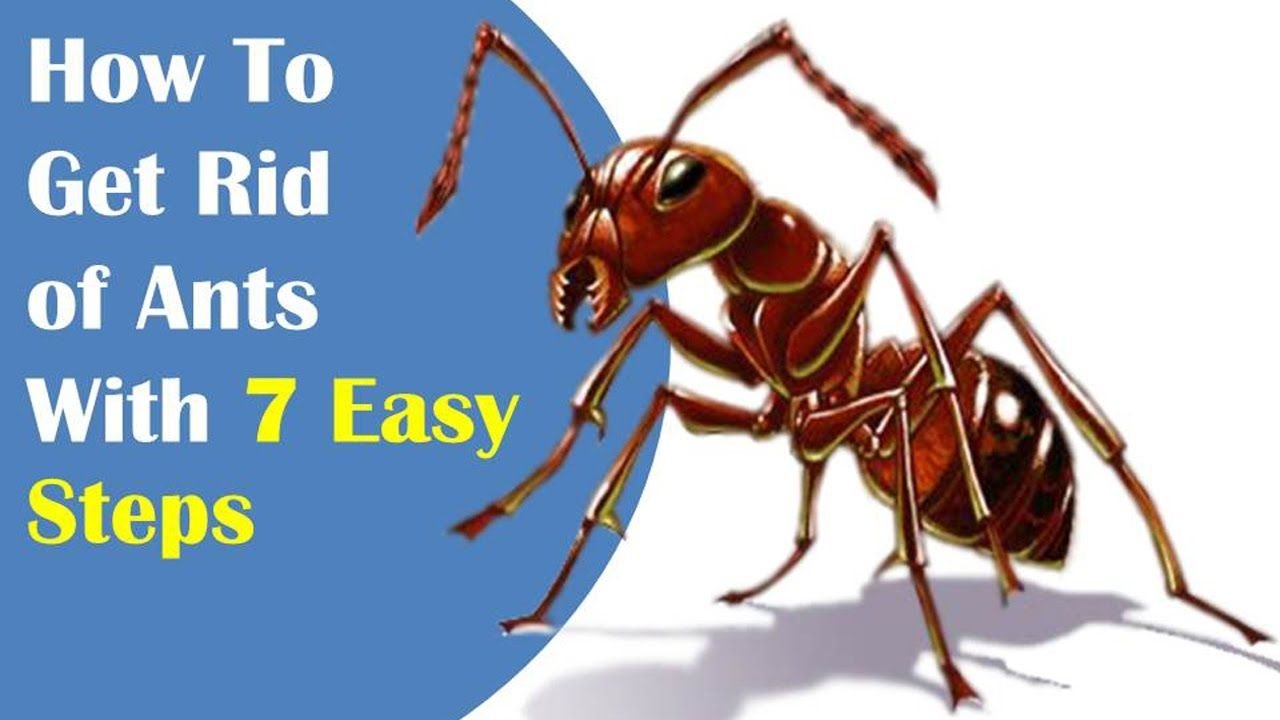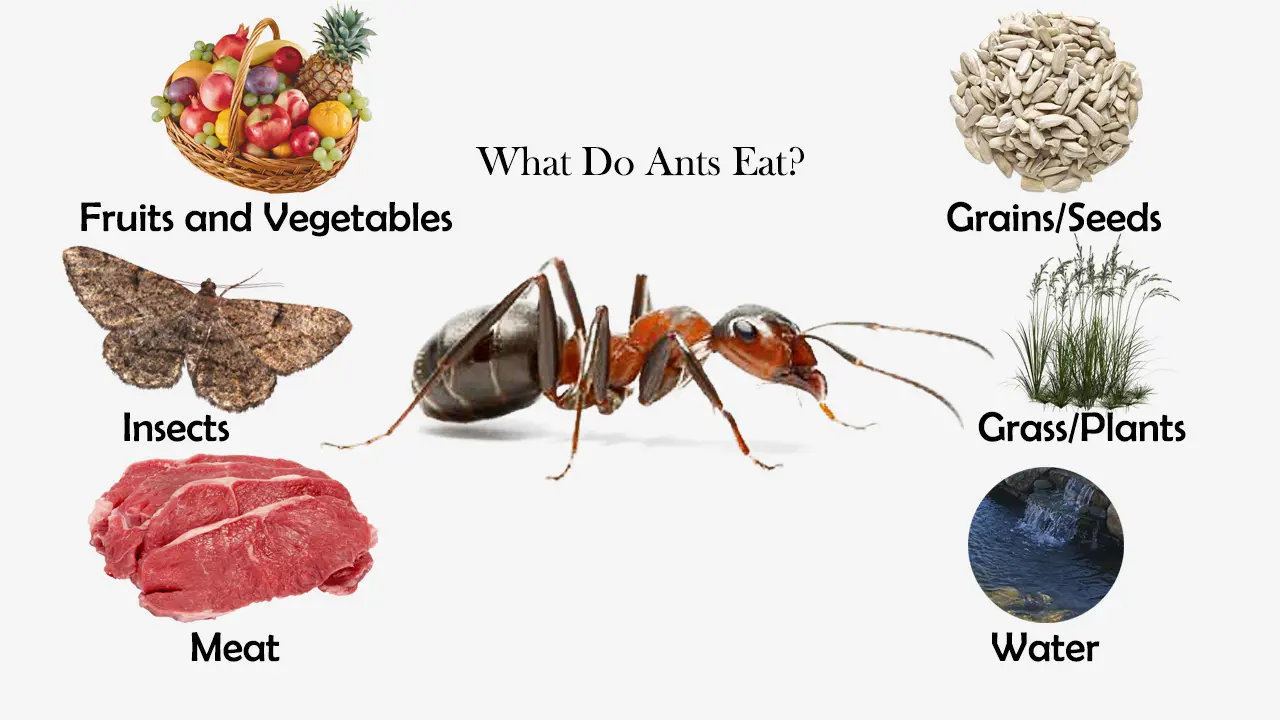Insects are often overlooked or even dismissed as mere pests, but they play a critical role in maintaining the health and balance of ecosystems. From pollinating plants to recycling nutrients, these tiny creatures are the unsung heroes of the natural world. Without insects, ecosystems would collapse, and life as we know it would be drastically altered. But what exactly makes insects so essential? Let’s explore their vital contributions to ecosystems.
Pollination: The Backbone of Food Production
Insects are the world’s primary pollinators, and their role in plant reproduction is indispensable.
- Bees: Bees are perhaps the most well-known pollinators, responsible for pollinating a significant portion of the crops that humans rely on, including fruits, vegetables, and nuts. Without bees, many of our favorite foods would disappear.
- Butterflies and Moths: These insects also contribute to pollination, particularly for wildflowers and certain crops. Their long proboscises allow them to access nectar in deep flowers, facilitating cross-pollination.
- Beetles and Flies: Even less glamorous insects like beetles and flies play a role in pollination, especially for plants with strong odors or those that bloom at night.
Decomposition: Nature’s Recyclers
Insects are crucial in breaking down organic matter, returning nutrients to the soil and sustaining the cycle of life.
- Dung Beetles: These insects break down animal waste, recycling nutrients and improving soil health. They also help control pests by reducing the habitat for disease-carrying flies.
- Termites and Ants: Termites and ants decompose dead wood and plant material, turning it into fertile soil. Their tunneling activities also aerate the soil, promoting plant growth.
- Carrion Beetles: These insects feed on dead animals, accelerating decomposition and preventing the spread of disease.
Food Source: The Base of the Food Web
Insects are a primary food source for countless animals, making them a cornerstone of the food web.
- Birds: Many bird species, such as swallows and warblers, rely heavily on insects for their diet, especially during breeding season when they need to feed their young.
- Amphibians and Reptiles: Frogs, lizards, and other small predators depend on insects for survival.
- Mammals: Bats, hedgehogs, and even some primates include insects in their diets, highlighting their importance across different animal groups.
Pest Control: Natural Predators
Insects play a key role in controlling pest populations, reducing the need for chemical pesticides.
- Ladybugs: These colorful beetles feed on aphids, protecting crops and gardens from infestations.
- Parasitic Wasps: These wasps lay their eggs inside pest insects, effectively controlling their populations and protecting plants.
- Dragonflies: Known as “mosquito hawks,” dragonflies consume large quantities of mosquitoes, helping to control the spread of diseases like malaria and dengue fever.
Soil Health: Engineers of the Earth
Insects contribute significantly to soil health, making it more fertile and suitable for plant growth.
- Earthworms: While not insects, earthworms work alongside insects to aerate the soil and improve its structure. Insects like ants and beetles also contribute to soil aeration and nutrient cycling.
- Composting Insects: Many insects, such as springtails and certain beetle larvae, break down organic matter into compost, enriching the soil with essential nutrients.
Biodiversity: Supporting Plant and Animal Life
Insects are a vital part of biodiversity, supporting a wide range of plant and animal species.
- Plant Reproduction: By pollinating plants, insects help maintain plant diversity, which in turn supports a variety of animal species.
- Habitat Creation: Insects like bees and ants create habitats for other organisms. For example, bee nests provide shelter for small animals, and ant colonies improve soil conditions for plants.
Scientific and Medical Advancements
Insects have contributed to numerous scientific and medical breakthroughs.
- Model Organisms: Insects like fruit flies (Drosophila) are widely used in genetic research, helping scientists understand fundamental biological processes.
- Medical Applications: Compounds derived from insects, such as bee venom and silk from silkworms, have been used in medicine and biotechnology.
Cultural and Economic Value
Insects hold significant cultural and economic importance.
- Honey and Silk: Bees and silkworms produce honey and silk, respectively, which are valuable commodities in many cultures.
- Ecotourism: Insects like butterflies and fireflies attract tourists, contributing to local economies.
Conclusion
Insects are indispensable to ecosystems, performing roles that sustain life on Earth. From pollination and decomposition to pest control and soil health, their contributions are vast and varied. Despite their small size, insects have a massive impact on the planet’s biodiversity and the functioning of ecosystems. Protecting insects and their habitats is not just about preserving these tiny creatures—it’s about safeguarding the intricate web of life that depends on them. By understanding and appreciating their importance, we can take meaningful steps toward conservation and a sustainable future.









